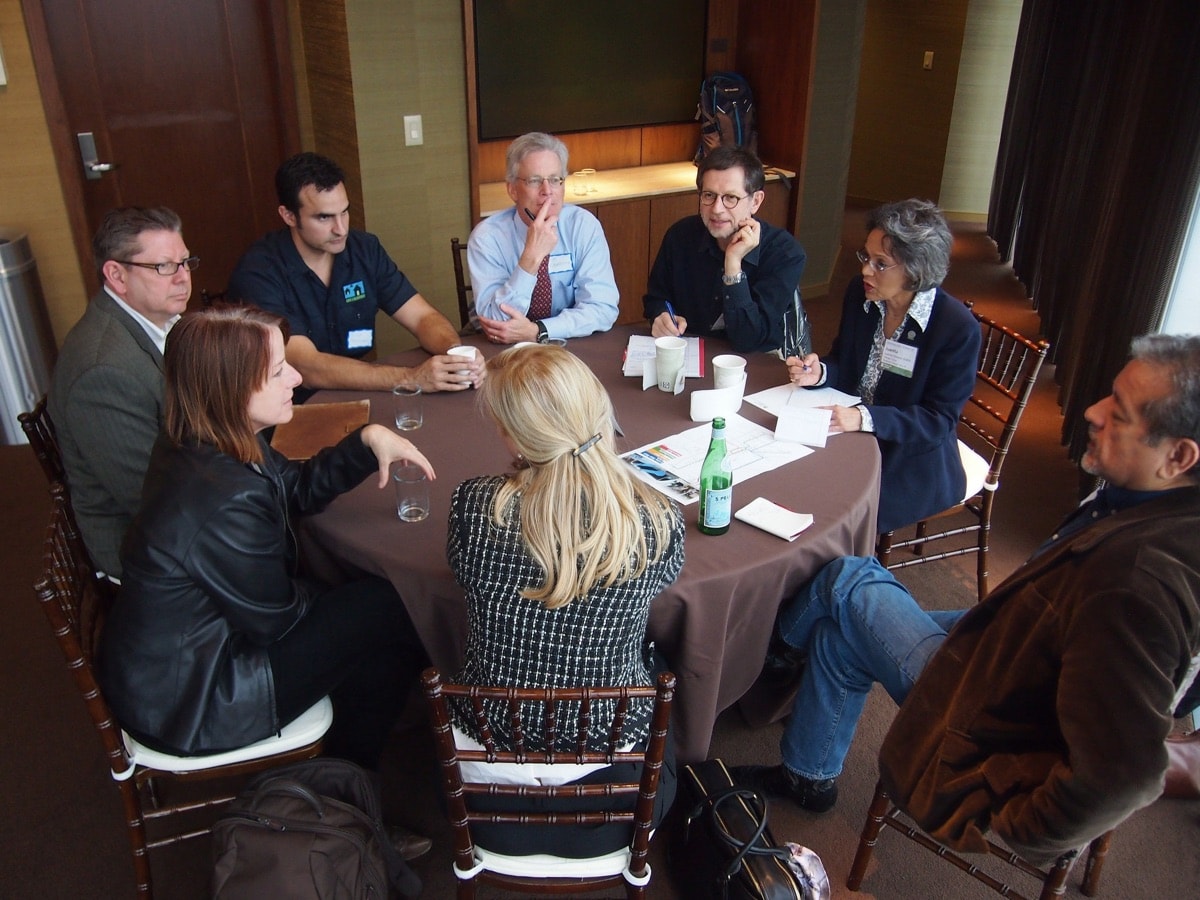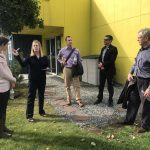Austin, Texas is a successful, rapidly growing city. Austin has done well with economic development and job creation and tries to keep its economy diverse and balanced. The low unemployment rate and high quality of life combine to create an exploding population; on average, the city welcomes more than 1,000 new residents per week. Austin’s population has doubled every 20 years so far, and with a current population of over 800,000, it is on track to do so again.
The tremendous growth presents both challenges and opportunities that can affect the livability, sustainability, and mobility of Austin and the region. The traffic in Austin is among the worst in the nation and its existing roads don’t allow for much expansion. Austin needs to expand its multi-modal options because at this point, the city does not have a robust transit system that can keep up with the growth.
The Mayor convened the Transit Working Group in early 2012, with the mission to get all regional transportation entities to the same table and begin to create solutions that make sense for Austin as well as the central Texas region.
Austin is one of the only cities of its size that does not have much of a rail system. There are over 230,000 jobs in just four zip codes in the urban core and it is unsustainable to have 200,000 cars heading into downtown each day. Currently, there is just one commuter line, operated by Capital Metro, which brings folks from the northwest suburbs into downtown. Capital Metro also operates a bus system and plans to bring bus rapid transit online within the next two years.
Mayor Leffingwell has been a champion of urban rail and expanding multi-modal transportation in general. However, attempts at gaining voter approval for an urban rail system have failed in the past. Austin’s biggest challenge is creating a phased rail package, with realistic funding sources, that voters would support. Knowing that asking the right questions is half the battle, Austin is seeking possible solutions to these challenges.




